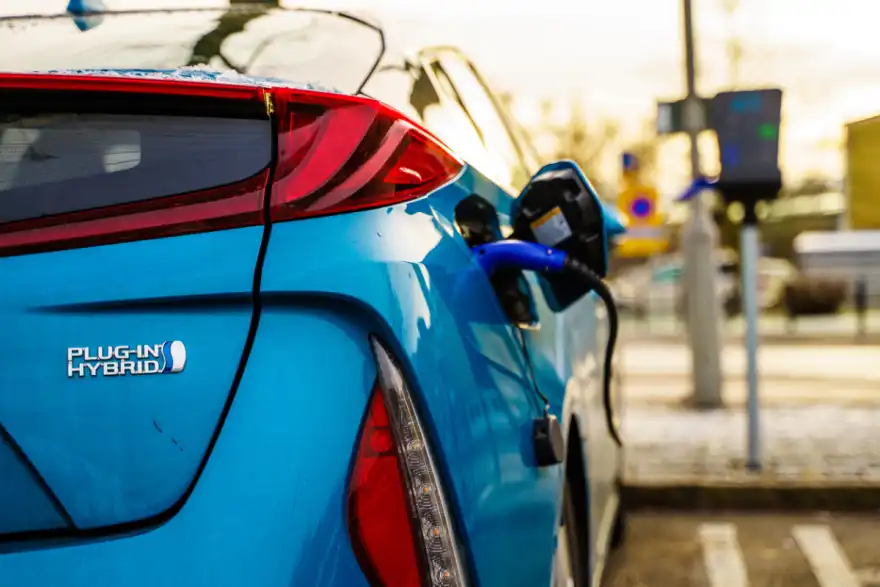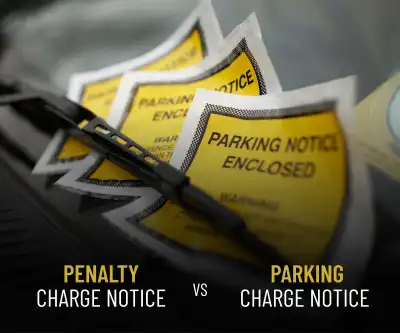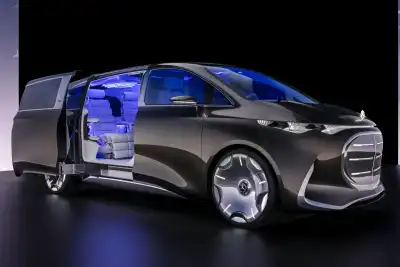
Car tax changes announced by Rachel Reeves in the recent Autumn Budget are raising concerns over the future of plug-in hybrid vehicles (PHEVs) in company car fleets. Tax rates for PHEVs are set to climb from 5% to 18% by 2028-29, which many see as a move by the Labour Government to shift company car policies toward fully electric vehicles (EVs).
This tax increase is among the biggest shifts in company car taxation in recent years, affecting thousands of hybrid drivers across the UK.
Paul Hollick, chair of the Association of Fleet Professionals, called it “a cleanup operation by the Government” aimed at ensuring company car policies align with zero-emission goals. Hollick added, “The message is clear—only zero-emission electric cars are favoured, with other options being gradually phased out.”Experts say these tax adjustments leave little room for alternatives, with many fleets likely to prioritise EVs as a result. The impact may prompt companies to revise their car offerings, emphasising EVs in response to the Government's policy direction.Employees and fleet managers are also expected to hold discussions around early replacement options for PHEVs. Meanwhile, double-cab vehicle users have until April 2029 before facing a steep tax rise, which could lead to their gradual phase-out.Hollick warns that current PHEV drivers on multi-year contracts could see large tax hikes toward the end of their contract periods. This might lead many drivers to request early terminations to switch to electric vehicles sooner.While the AFP acknowledged the benefit-in-kind tax rate on electric cars will rise to 9% by 2029/30, they welcome the extended tax tables through 2030, which help fleets plan with greater certainty.
Paul Hollick, chair of the Association of Fleet Professionals, called it “a cleanup operation by the Government” aimed at ensuring company car policies align with zero-emission goals. Hollick added, “The message is clear—only zero-emission electric cars are favoured, with other options being gradually phased out.”
Experts say these tax adjustments leave little room for alternatives, with many fleets likely to prioritise EVs as a result. The impact may prompt companies to revise their car offerings, emphasising EVs in response to the Government's policy direction.
Employees and fleet managers are also expected to hold discussions around early replacement options for PHEVs. Meanwhile, double-cab vehicle users have until April 2029 before facing a steep tax rise, which could lead to their gradual phase-out.
Hollick warns that current PHEV drivers on multi-year contracts could see large tax hikes toward the end of their contract periods. This might lead many drivers to request early terminations to switch to electric vehicles sooner.
While the AFP acknowledged the benefit-in-kind tax rate on electric cars will rise to 9% by 2029/30, they welcome the extended tax tables through 2030, which help fleets plan with greater certainty.




